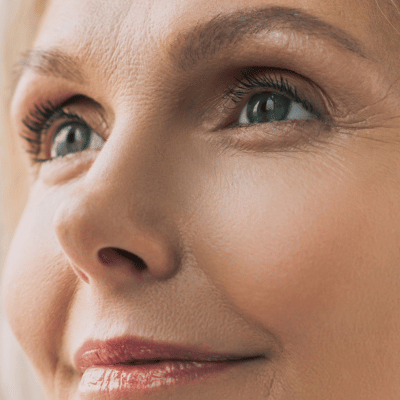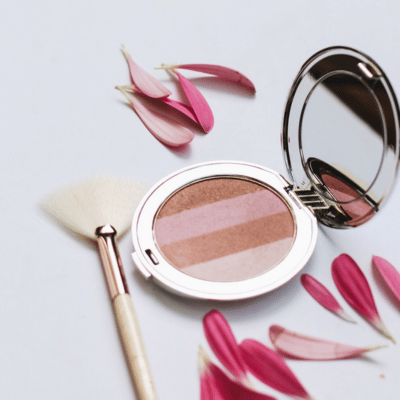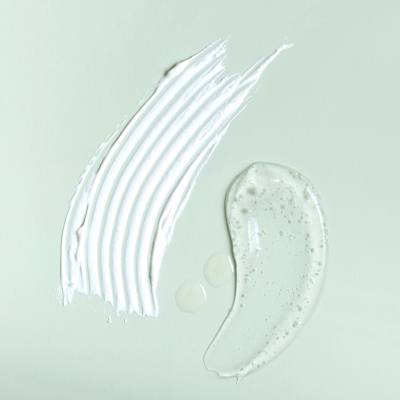WHY IS HYDROQUINONE BAD FOR YOU?
- Available in 2% cosmetic formulations or 4% or more by prescription it does have potent antioxidant abilities.
- Hydroquinone is used to lighten the dark patches of skin (also called hyperpigmentation, melasma, "liver spots," "age spots," freckles) caused by pregnancy, birth control pills, hormone medicine, or injury to the skin.
- Hydroquinone does not bleach the skin but lightens it, and can only disrupt the synthesis and production of melanin hyperpigmentation.
- It has been banned in some countries (e.g. France) because of fears of a cancer risk.
- The European Union banned it from cosmetics in 2001, but it shows up in bootleg creams in the developing world.
- It is sold in the United States as an over-the-counter drug, but with a concentration of hydroquinone not exceeding 2 percent.
- Hydroquinone occurs in some plants as free hydroquinone or as arbutin (hydroquinoneβ-D-glucopyranoside) and therefore may be found in many consumer products, such as vegetables, fruits, grains, coffee, tea, beer, and wine. The concentration of hydroquinone may exceed 1% in some food preparations





 Webential
Webential